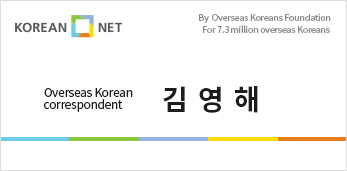Overseas Koreans Platform
- Main page
- Overseas Koreans Platform
- News Room
News Room
- Main page
- Overseas Koreans Platform
- News Room
- Country
- Argentina
- Date
- 2023.03.24
Photo exhibition on comfort women being held in a memorial room, remembering their sorrow and promoting human rights awareness
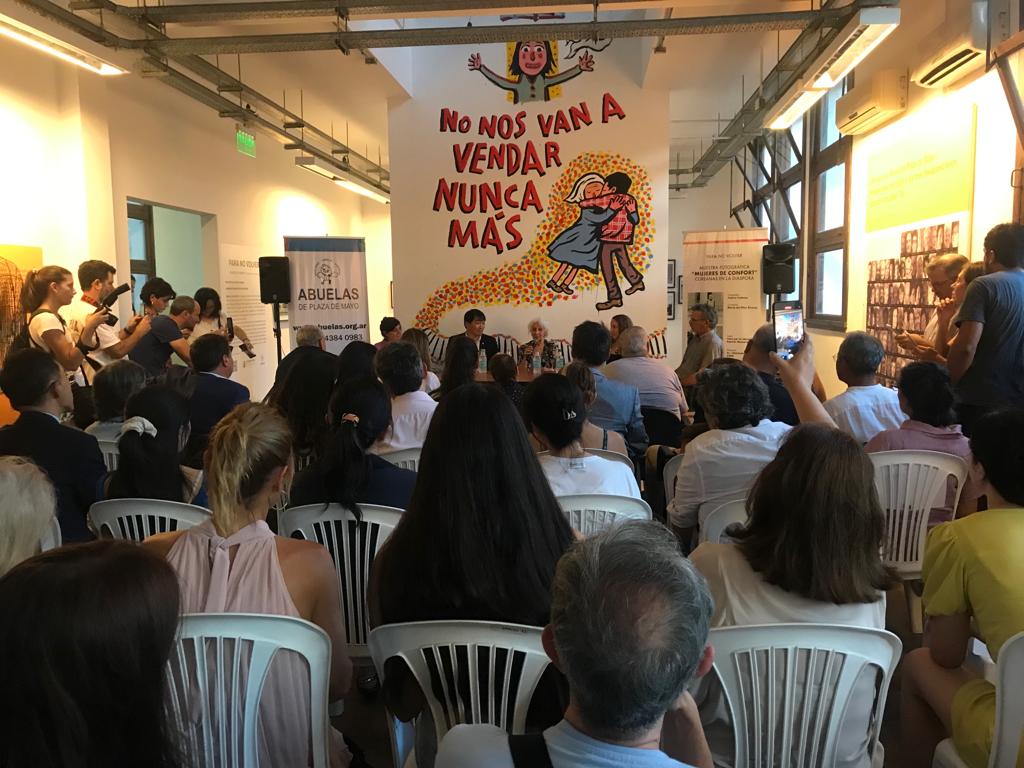
As of March 14, Argentina was suffering from unprecedented scorching heat for more than two weeks and several parts of the country has hit hard by water shortages and blackouts. But there was a place where even such heat could not overwhelm the passion - the Room for Grandmothers of the Plaza of May. The room is located inside the House of Identity, which is placed within the Space for Memory and Human Rights (Espacio Memoria y Derechos Humanos (ESMA) in Spanish) in Núñez, Buenos Aires. Though a heat index was reaching 40°C with no air-conditioning, the room was packed with visitors listening to explanations from guides. It was the moment of the opening of a photo exhibition entitled "Comfort Women, Scattered Women of Joseon." A round of applause filled the heated room after a short speech delivered by Estela de Carroto, head of the Grandmothers of the Plaza of May.
In March, the month of women and memory, the photo exhibition has been jointly organized by several local organizations and professionals - the Grandmothers of the Plaza of May, a non-governmental organization on human rights; Pilar Alvarez, a researcher at the national institute of science and technology and an expert on comfort women; Paula Sansone, a curator; Tsukasa Yajima, a photographer and a staff working at the House of Sharing history museum designed for surviving comfort women; and a Korean-Argentine society. The event is sponsored by a Korean electronic company called Peabody which is managed by Choi Do-seon. Jointly organized by organizations and individuals from Korea, Japan, and Argentina, the exhibition might be difficult for ordinary local Argentines to understand facts and knowledge on comfort women. However, the hosting the event was possible because all of organizers formed a consensus that human rights is a common goal all human races pursue regardless of nation, race, gender, and religion as well as anti-human rights practices cannot be tolerated even if it done in the name of national interest.
Tsukasa Yajima is a professional Japanese photographer who has studied and publicizing Japanese military crimes against comfort women since his adolescent years. He focused on taking pictures of surviving comfort women living as our ordinary neighbors rather than showing their dark and gloomy life as victims. Photos of old ages of surviving and late comfort women - Lee Soo-dan, Park Seo-eun, Park Woo-deuk, and Kim Eui-gyeong - were on display. Visitors could catch a glimpse of an inhumanity that impacted on human life during war paradoxically through their ordinary life. The photographer has been portraying the existence of comfort women that had been concealed in modern history of East Asia via photos. He concentrated on restoring lives of forgotten women scattered around Korea, China, Philippines, and Taiwan.
"I was the youngest of 11 children. Most of them died when young and I had to work in a restaurant to feed my family. But later my family sold me to an employment agency and ended up becoming a comfort woman in China. I wanted to return to Korea after the war but that did not happen," said the late victim Park Seo-eun in a recording. Park had been kidnapped by Japanese in 1937 and died in China. "I still like Korean food more than Chinese. But it was a long time ago when I have forgotten Korean language," said Lee Soo-dan. Lee was also kidnapped by Japanese in 1940 when she was only 18 years old and became a comfort woman in China. She was not able to return to her motherland. One of displayed photos was covered with a handkerchief. It was the picture of Lee who was shedding tears from missing her motherland.
Not only Koreans but also many local Argentines have attended the opening ceremony. Most of attendees, including journalists, officials from human rights organizations, and Korean students, confessed that they first learned about comfort women and other atrocities committed by Japanese and formed a consensus that such brutal historical facts cannot be concealed and they need to be publicized to the general public. Argentina also shares its dark history during the military dictatorship from 1976 to 1983 when innocent people have been kidnapped, confined, slain, and tortured. Argentina is one of the countries that has high awareness on human rights. Both the Mothers of the Plaza of May and the Grandmothers of the Plaza of May are leading organizations promoting human rights by protesting against the violation of human rights.
Marking the International Day for the Elimination of Violence against Women on Nov. 25 last year, the Grandmothers of the Plaza of May once tried to erect so-called 'The Peace Monument' near the Space for Memory and Human Rights but no avail due to oppositions from the Japanese government. "We will definitely erect the monument in Buenos Aires," said Estela. She added that atrocities committed by Japanese military such as forced sex slavery began to trigger general public's awareness through this exhibition. The Space for Memory and Human Rights, former Naval Academy, is a place of apparent proof and living complaint of a reign of terror conducted by the government in the past as well as a totalitarianism executed by the military dictatorship. Currently, the space has transformed into a place to enhance the culture of preserving human rights and democracy.
The exhibition is open from 10 AM to 6 PM from Mar. 15 to May 31. Its location is in the House of Identity (Casa por la Identidad) in the Space for Memory and Human Rights (formerly ESMA, Av. del Libertador 8151). Admission is free.
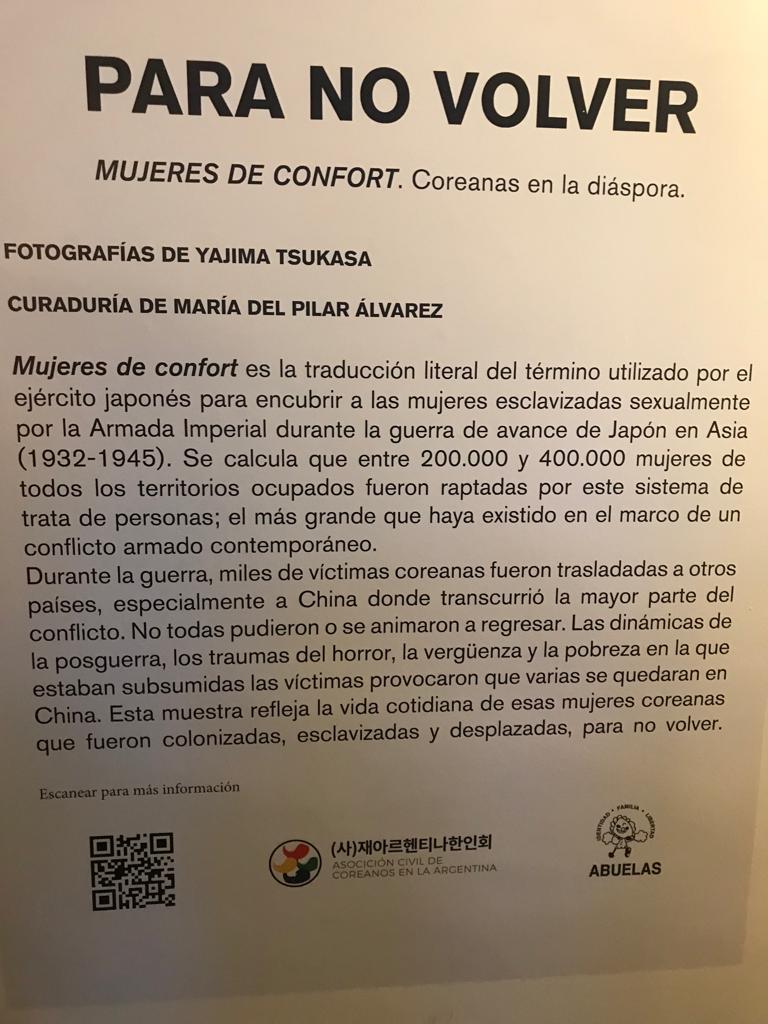
"Comfort Women, Scattered Women of Joseon" photo exhibition (1)
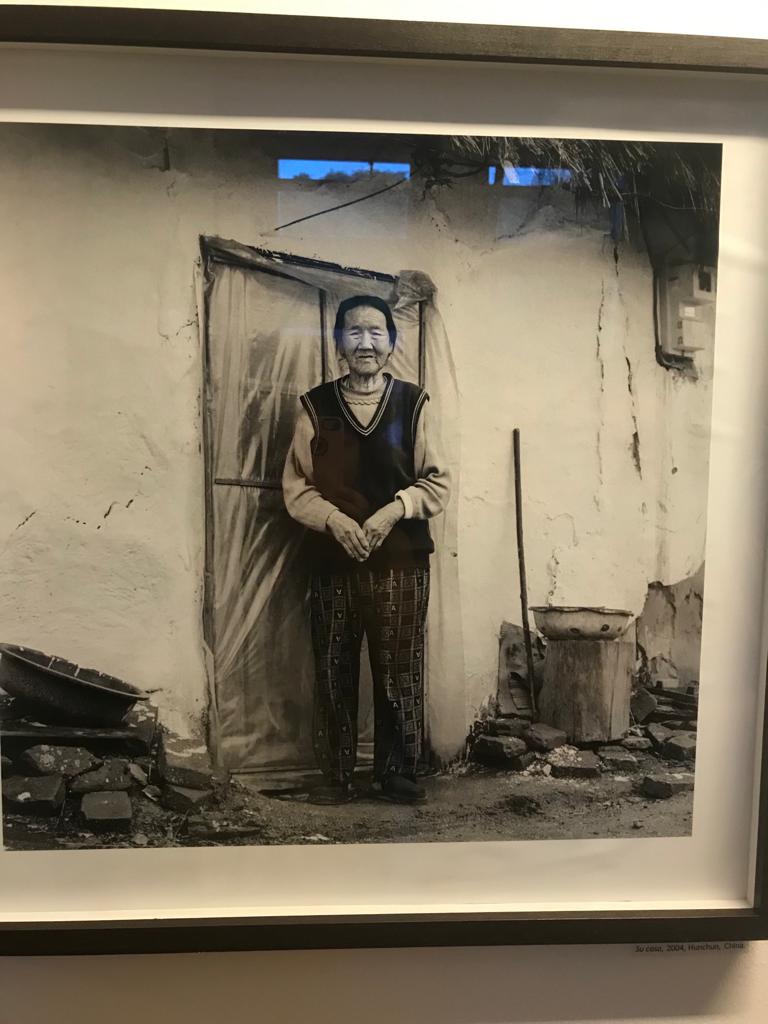
"Comfort Women, Scattered Women of Joseon" photo exhibition (2)
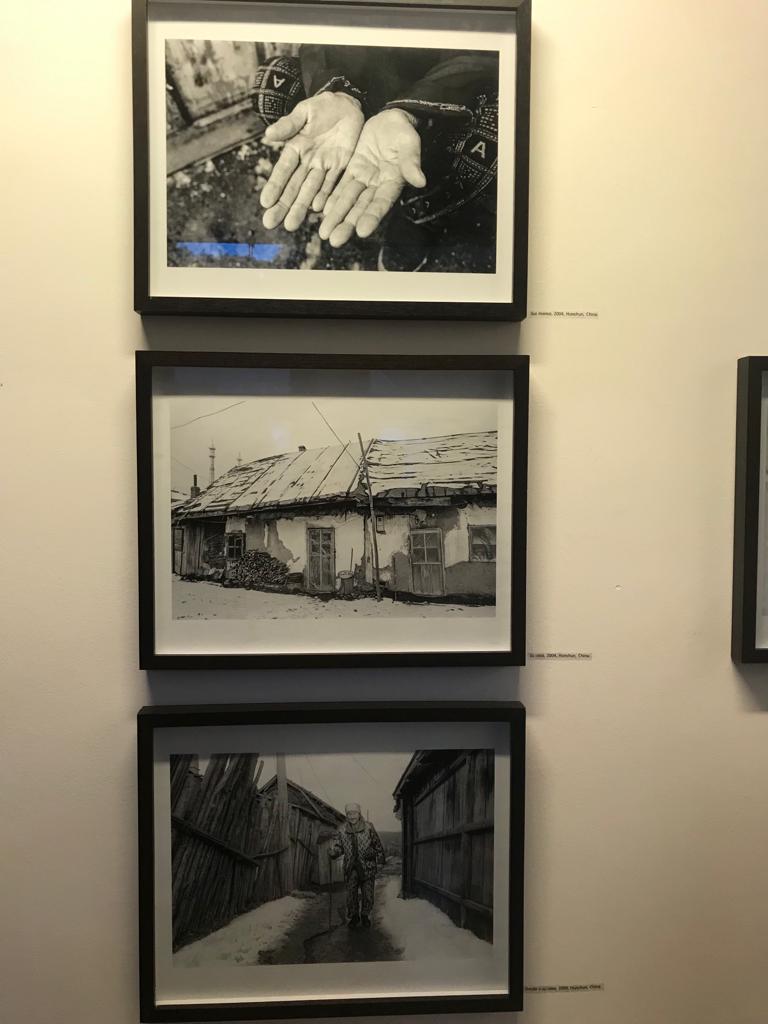
"Comfort Women, Scattered Women of Joseon" photo exhibition (3)
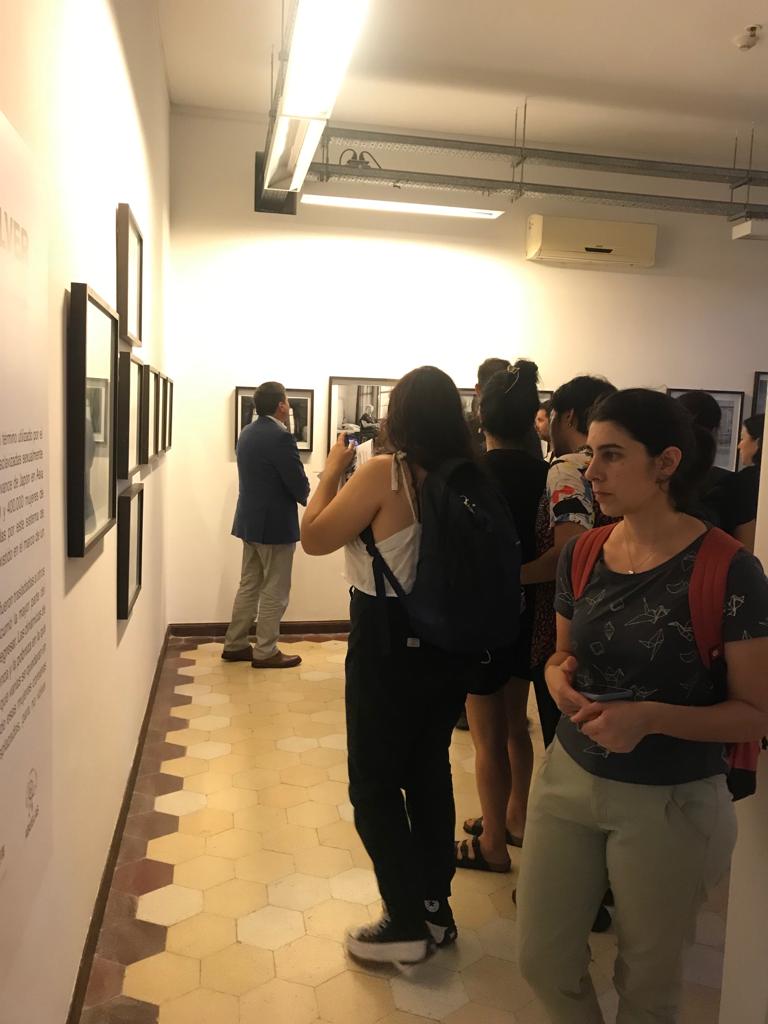
"Comfort Women, Scattered Women of Joseon" photo exhibition (4)
